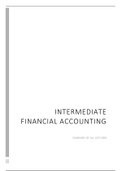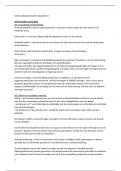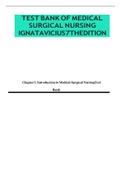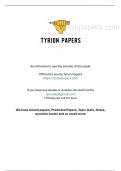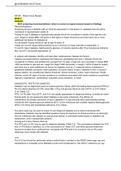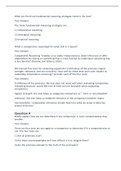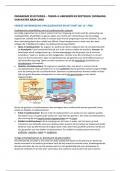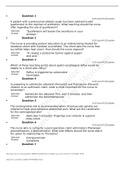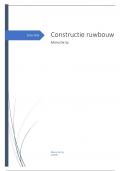College aantekeningen
Intermediate Financial Accounting - Summary of all lectures
- Instelling
- Tilburg University (UVT)
Complete summary of all lectures of the course Intermediate Financial Acocunting at Tilburg University, written in 2020. It includes all the content for the exam and many useful examples!
[Meer zien]
